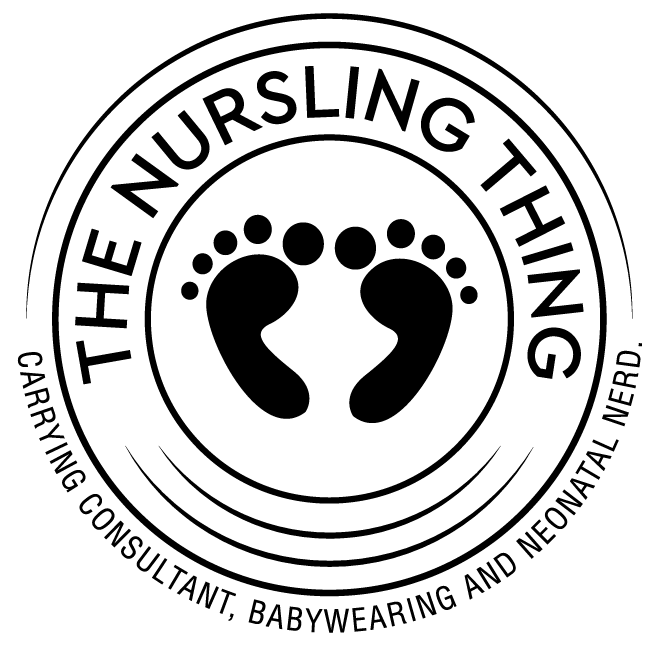During the weekend I gave a talk at the Norwegian babywearing conference, and since my lovely husband was there and decided to record the entire talk I now have the possibility of actually watching myself as I talked about the NICU, babywearing and somethings they may have in common. On the plane home hubs pointed out to me that during the parts of the talk that aren’t “happy-pink-shimmering-fluffy-nice” but rather very serious, sometimes even sad and daunting I talked a lot less loud (volume wise), and why was that?! The short answer is that it is uncomfortable, it’s uncomfortable to talk about it and probably also quite uncomfortable to hear about and talking about it does tend to provoke and sometimes lead to quite uncomfortable reactions. We humans tend to go to quite lengthy extents to avoid processing information that may be psychologically distressing (ostrich effect could be mentioned…), putting bigger trust in so called “anecdotal evidence” than facts/research but also disregarding from information that isn’t in line with our own and already formed opinion (confirmation bias…). I was not aware of the fact that I lowered the volume when talking about the uncomfortable subjects, but probably it was my own little subconscious way of putting some distance between me and the uncomfortable subject, so even though I work with what I do I’m not immune to the discomfort.
Some of the most common discussions I tend to end up in (and these are almost always over the internet and rarely in person, I might add) are people telling me how we “should be doing things in the NICU”, most often with none to very little (or a very dated) experience or insight in what or how we work in the NICU. I also get into a lot of discussions where babies born preterm are viewed as either more fragile than they actually are or waaaaaaaay more resilient (and in less need of support) than they actually are, what’s fantastically interesting is that it seems like the gestational age correlates in reverse with the fragility, a baby born at 35 weeks is portrayed as more fragile and sensitive than a baby born at 25 weeks. I have gotten messages from people thinking that we shouldn’t talk about what a “clear and unobstructed” airways actually is (and it’s not just the nostrils!) and what the opposite might lead to, why we have safety checks for babywearing and that they’ve there because of the risks as well as tragedies where children actually have died whilst being carried in slings (and that it has continued to happen, even though we have the safety checks).
I think it has to do with feelings, we don’t want to talk about neonatal mortality or infants dying in slings because it makes us experience emotions we don’t want to feel. It hurts so we want to hide. It challenges our believes and views so we look the other way, or try to put the blame on someone or something else. We don’t want it to be true so we focus our attention on other happier and easier stories and anecdotes… Setting up these type of diversions for ourselves and others may increase the risk for moving away from facts, evidence and critical thinking but further towards “turning a blind eye” and only focusing on the easy, happy and comfortable parts. Though cookie huh?

